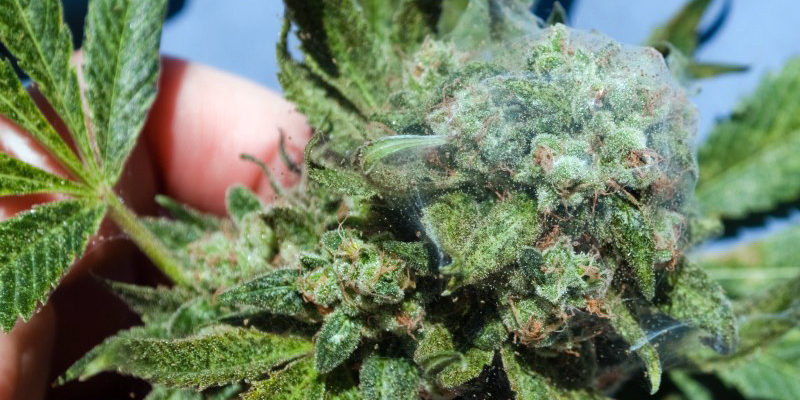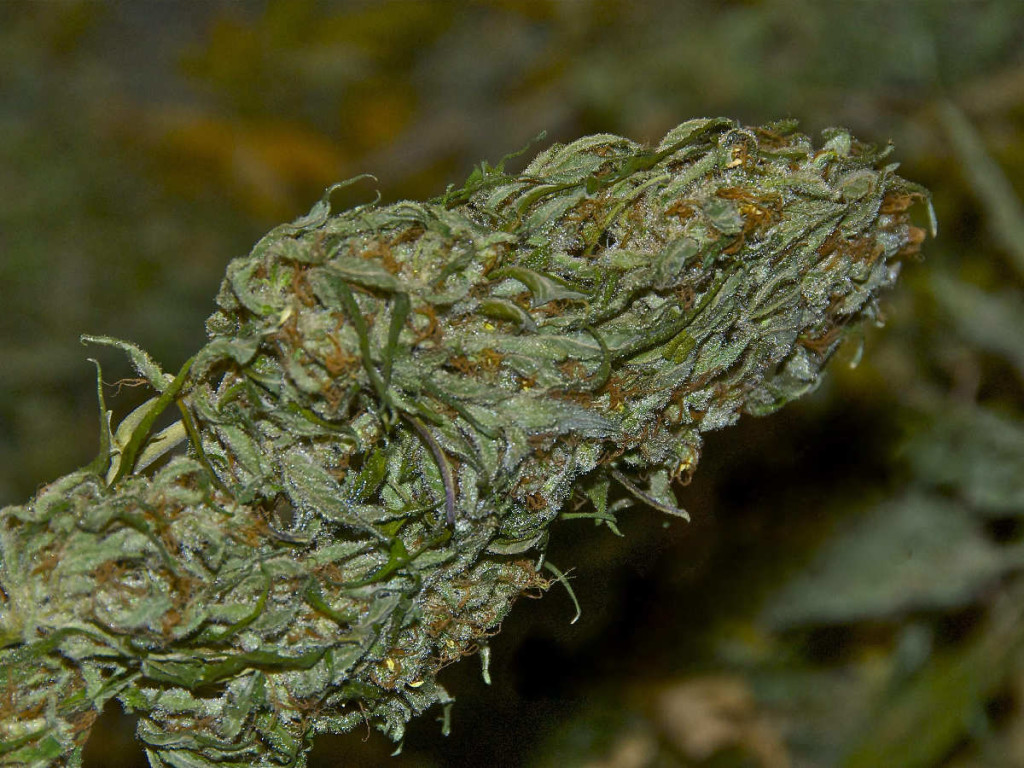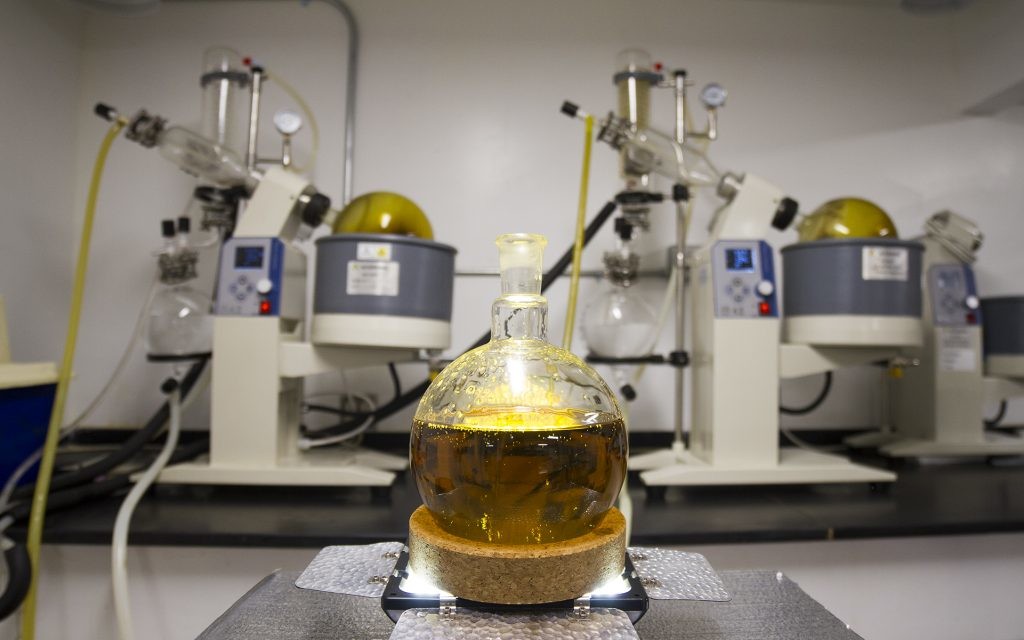Most of California’s Cannabis is NOT Safe!
September 7th, 2017According to a recently released report by cannabis testing company Anresco Laboratories, up to 80% of medical cannabis tested at a recent Northern California conference was contaminated with mold and other toxins.
A similar report was released by Steep Hill Labs in October of last year. They found that up to 84.3% of marijuana being sold at dispensaries in California may be tainted with pesticides.
What information should consumers consider when selecting cannabis products? Read more to learn about the potential dangers of pesticides, fungicides, mold, bacteria, and other cannabis contaminants.
Pesticides and Fungicides

Spider Mites on Cannabis Plant. Image: ilovegrowingmarijuana.com
Potentially contaminated products: Cannabis extracts (wax, oil, shatter, dabs); CO2 cartridges
Potential health problems: Reproductive toxicity, cancer, infections
Powdery mildew or spider mites can ruin an entire crop, so many growers use pesticides to protect their plants. But these pesticides can be harmful if consumed in large quantities, such as in cannabis extracts, and extremely harmful for those with compromised immune systems.
One pesticide, Myclobutanil (Eagle 20), has already sickened consumers in Canada. When Myclobutanil is heated up, it converts to hydrogen cyanide, a toxic chemical listed as a Schedule 3 substance under the Chemical Weapons Convention.
Mold and Bacteria

Gray Mold on Cannabis. Image: bigbudsmag.com.
Potentially contaminated products: Cannabis flowers
Potential health problems: Lung infections, cardiovascular issues
Mold is a particular risk to the immunocompromised, such as those suffering from AIDS or cancer. Given that many consumers use cannabis as a treatment for these and other conditions, serious consideration for product quality should be taken when choosing a cannabis supplier to fill these needs.
Recently, several cancer patients taking part in a study at UC Davis Medical Center developed rare lung infections—and one died—after smoking or vaporizing medical cannabis containing bacteria and fungi.
Residual Solvents and Chemical Accelerants

Cannabis Concentrate Lab. Image: herb.co.
Potentially contaminated products: Cannabis extracts (wax, oil, shatter, dab); CO2 cartridges
Potential health problems: Neurotoxicity, cardiovascular complications
To make cannabis concentrates, solvents like butane are used to separate plant material from cannabinoids and terpenes. When solvents are not entirely removed from the final product, it can be harmful for consumption.
Of great concern are compounds like propylene glycol (PEG) that are added to CO2 cartridges for vape pens. At high concentrations, propylene glycol can destroy lung tissue.
Finding Clean Cannabis
We cannot stress enough the importance of obtaining your cannabis from a dispensary you trust. At Berkeley Patients Group, it is our guarantee that every single product is lab-tested to ensure that it is absolutely safe for consumption by our members.
Berkeley’s cannabis testing, labeling, and packaging standards are the most stringent in America today. By this definition, we have the cleanest cannabis in the country!
BPG’s testing is performed by an independent cannabis analytics laboratory in compliance with Berkeley Municipal Code § 12.27.070. We independently verify any laboratory results provided by our vendors.
If you have questions about cannabis testing or finding safe products, please reach out to us! You can call us from 9am to 9pm, 7 days a week at 510.540.6013, or send an email to info@mybpg.com.
To read more about our testing standards, visit our website: myBPG.com/about/quality-assurance.






